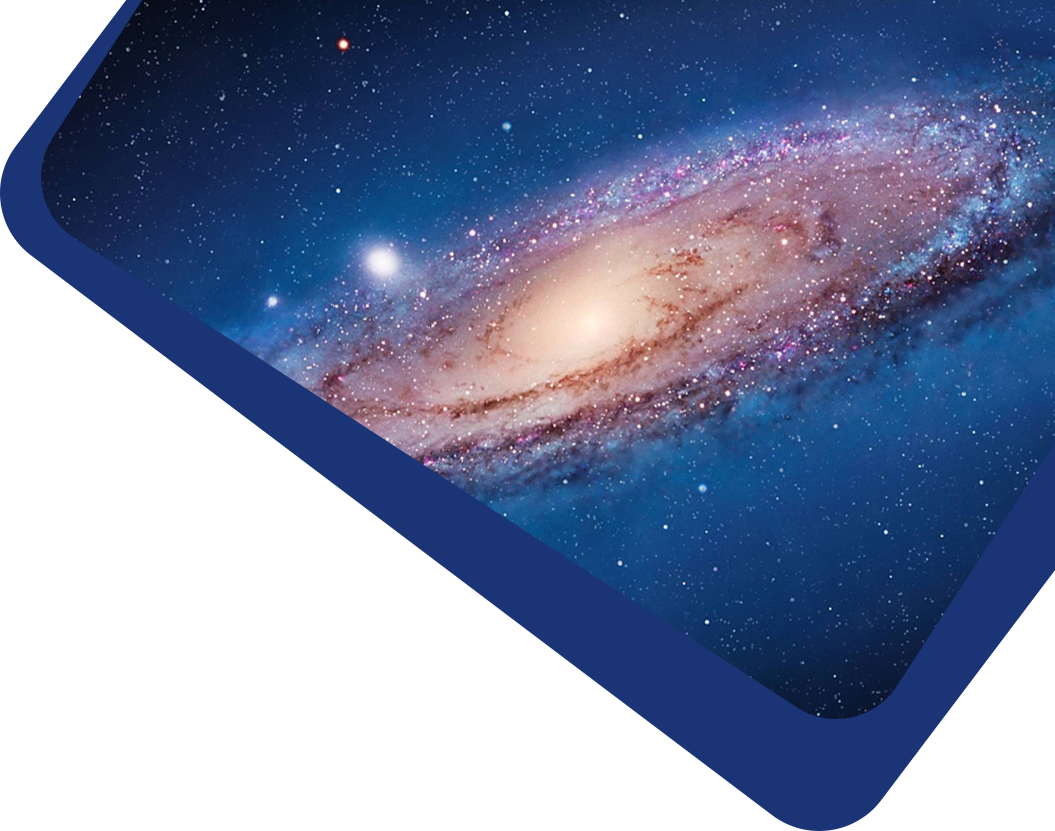

Abstract The discovery of ubiquitous habitable extrasolar planets, combined with revolutionary advances in instrumentation and observational capabilities, has ushered in a renaissance in the search for extraterrestrial intelligence (SETI). Large scale SETI activities are now underway at numerous international facilities. The Five-hundred-meter Aperture Spherical radio Telescope (FAST) is the largest single-aperture radio telescope in the world, and is well positioned to conduct sensitive searches for radio emission indicative of exo-intelligence. SETI is one of the five key science goals specified in the original FAST project plan. A collaboration with the Breakthrough Listen Initiative was initiated in 2016 with a joint statement signed both by Dr. Jun Yan, the then director of National Astronomical Observatories, Chinese Academy of Sciences (NAOC), and Dr. Peter Worden, Chairman of the Breakthrough Prize Foundation. In this paper, we highlight some of the unique features of FAST that will allow for novel SETI observations. We identify and describe three different signal types indicative of a technological source, namely, narrow band, wide-band artificially dispersed and modulated signals. Here, we propose observations with FAST to achieve sensitivities never before explored. For nearby exoplanets, such as TESS targets, FAST will be sensitive to an EIRP of 1.9×1011 W, well within the reach of current human technology. For the Andromeda Galaxy, FAST will be able to detect any Kardashev type II or more advanced civilization there.
Keywords Search for Extraterrestrial Intelligence — Five-hundred-meter Aperture Spherical radio Telescope
It accepts original submissions from all over the world and is internationally published and distributed by IOP